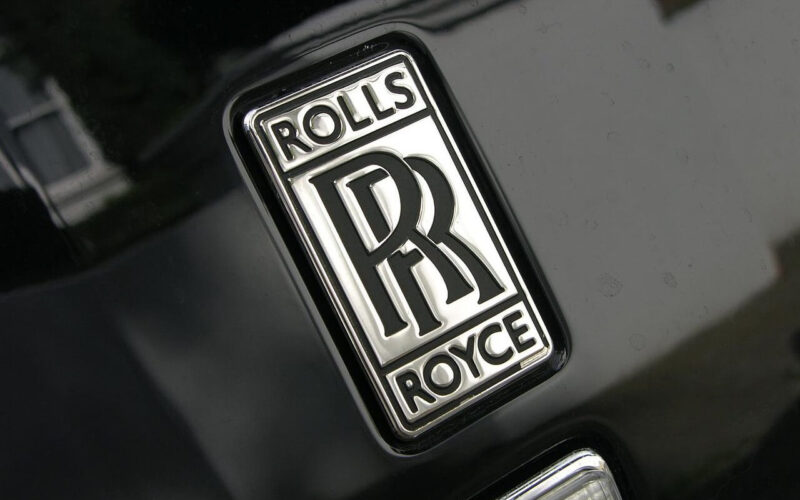A £5.4 billion ($6 billion) loss prompted the engine manufacturer Rolls-Royce to consolidate its civil aerospace operations. Four thousand employees were already axed with 5,000 more to follow, while ITP Aero, a subsidiary Spanish aero engine and gas turbine manufacturer, is a target of potential disposal.
A financial statement from the engine juggernaut Rolls-Royce released on August 27, 2020, revealed heavy losses for the company. The COVID-19 crisis has left a nasty imprint on Civil Aerospace revenues, amounting to a negative change of £1.5 billion ($1.7 billion).
“The most pronounced effect was seen in Civil Aerospace with large engine deliveries and flying hours both down around 50% in H1 including a 75% reduction in engine flying hours in Q2,” reads the statement by the company.
The sudden shift in the aviation industry pushed Rolls-Royce to reduce its expenses by downsizing the operations. This includes salary cuts for the global workforce and a 20% cut for senior managers and executives. The Civil Aerospace sector will also see a reduction of 8,000 employees in total with 1,000 to leave the company’s central functions. As of August 27, 4,000 employees have already left, including 2,500 voluntary severance and early retirements. The remaining 5,000 are set to go by the end of 2020.
In addition to employee changes, Rolls-Royce plans to consolidate its Civil Aerospace manufacturing operations to comply with the new sized workforce. Three global widebody engine assembly sites and test sites will be merged into one, the report says. This also applies to two Trent fan blade production sites, as well as two advanced turbine blade machining and blisk production facilities that will be consolidated into single operating points in UK, Singapore and Germany. These decisions came after engine deliveries essentially fell by half in the first six months.
Finally, Rolls-Royce is looking to dispose of its subsidiary ITP Aero, to further reduce operating costs. ITP Aero has worked closely with the Trent engine family for decades. The company partly holds risk responsibility for many engines that power Boeing 787, 777 and Airbus A330, A350 and A380. Regardless of the situation, Rolls-Royce is hoping to maintain a future relationship:
“We will also explore options to increase the scope of ITP Aero’s supply chain and manufacturing activities,” the statement reads. “Notwithstanding the outcome, ITP Aero is a key partner and we will retain a long-term relationship with the business across our Civil Aerospace and Defence programmes.”
However, the results do not show that the global crisis significantly impacted Rolls-Royce’s Defence unit, which remained stable. On the other hand, Power Systems has only suffered a slight disruption, tanking a comparatively low £160 million ($211 million) in revenue.

